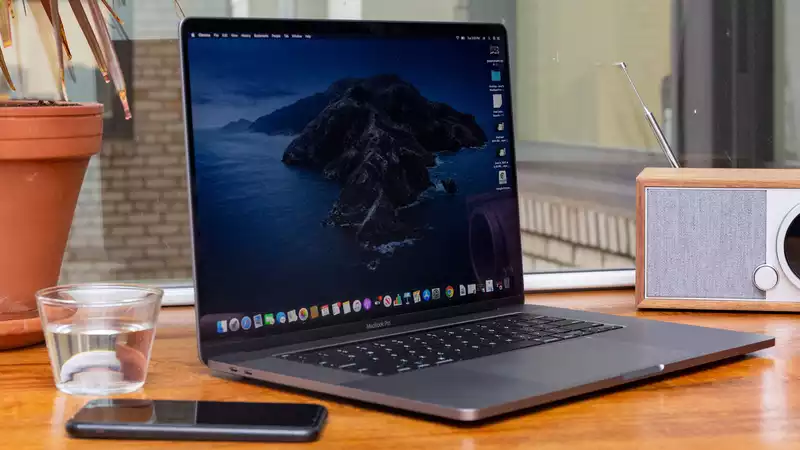Apple's ARM-based MacBook is no longer slated to appear this year, but multiple devices using Apple's own CPUs are expected next year
MacRumors reported on a new investor memo written by veteran Apple analyst Ming-Chi Kuo In it, he states that Apple plans to launch several Mac notebooks and desktop computers with its own custom-designed ARM-based processors in 2021
According to the report, Apple can revamp its Mac computers and MacBooks without relying on Intel This would "reduce processor costs by 40-60% and provide hardware differentiation for Macs from Windows PCs"
Kuo first reported Apple's intention to adopt the ARM architecture CPU and predicted that this new type of MacBook could be available by the end of 2020 However, he has now retracted this, claiming that several MacBooks will benefit from the new processor
MacBooks currently use Intel-designed processors as the core of their internal components However, according to independent testing of the new iPad Pro, Apple's A12Z Bionic processor outperforms the 10th generation Core i3 chip found in the MacBook Air ARM CPUs also tend to be more efficient than Intel CPUs, allowing for longer battery life systems
This is also the architecture used in Apple's A-series CPUs for mobile devices, which could add new features to collaboration tools for iPhones and iPads such as Handoff However, this may come at the expense of app compatibility, as seen with the ARM-powered Microsoft Surface Pro X
According to Kuo's new claim, ASMedia Technology will provide these new ARM MacBooks with USB ports and plans to offer new USB4 ports in 2022USB4 is a standard released in September 2019, but has not yet been included in any consumer devices
USB4 will use the same geometry as USB-C and support the same high-speed data transfer, display output, and power input as the current Thunderbolt 3 However, it should be a more affordable component to implement, as Intel, the designer of Thunderbolt (in conjunction with Apple) will allow manufacturers to use it without paying royalties
Key benefits of USB4 include a 40 GBps transfer rate and up to 100 W of charging










Comments